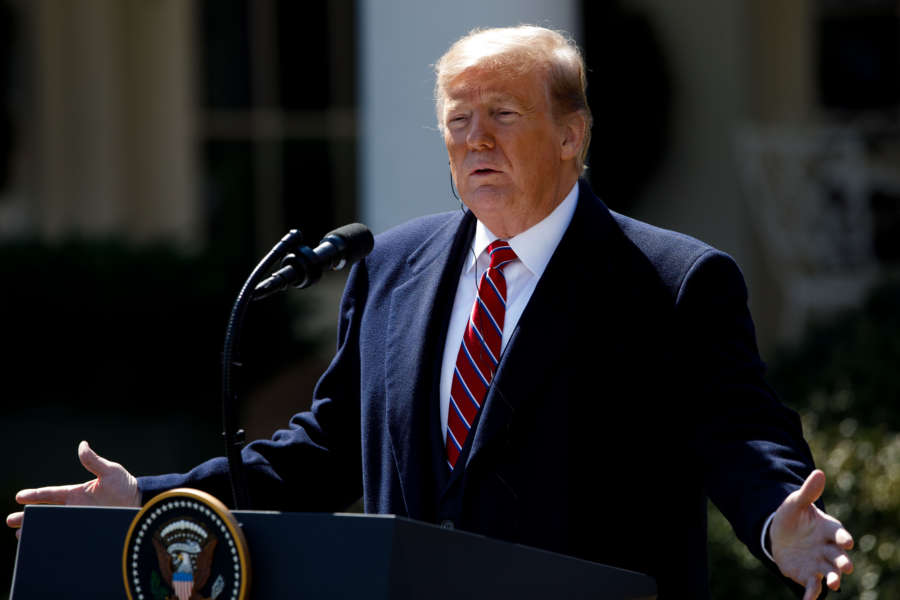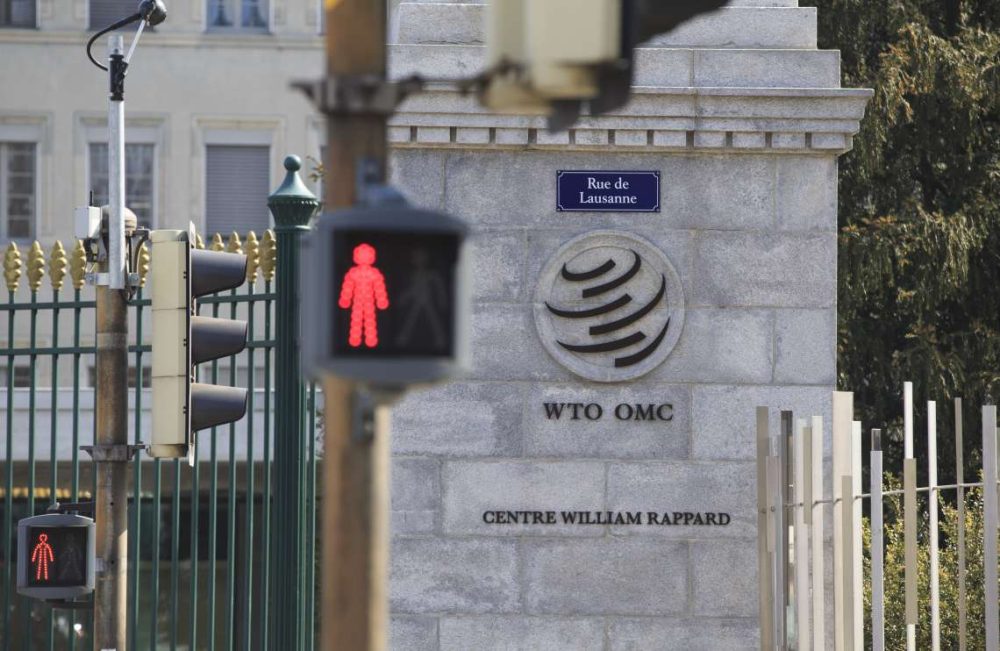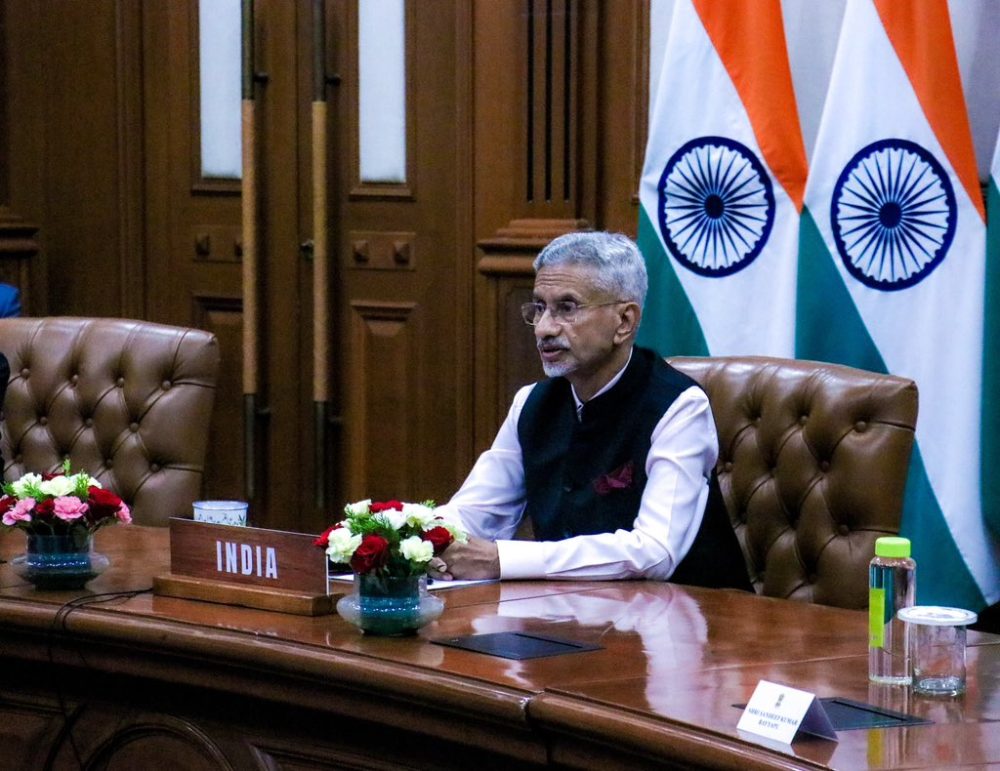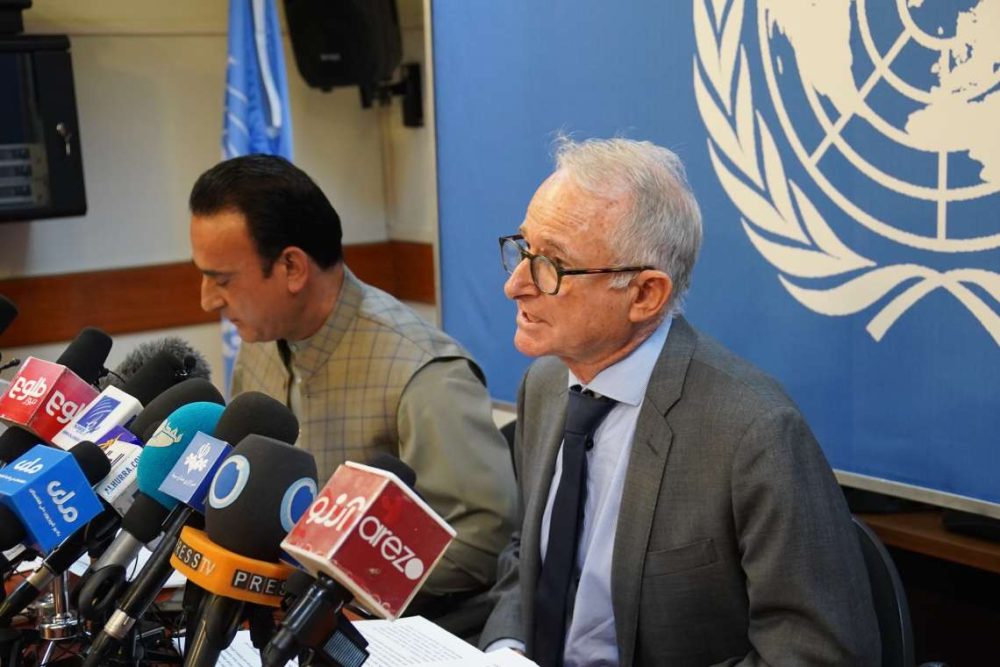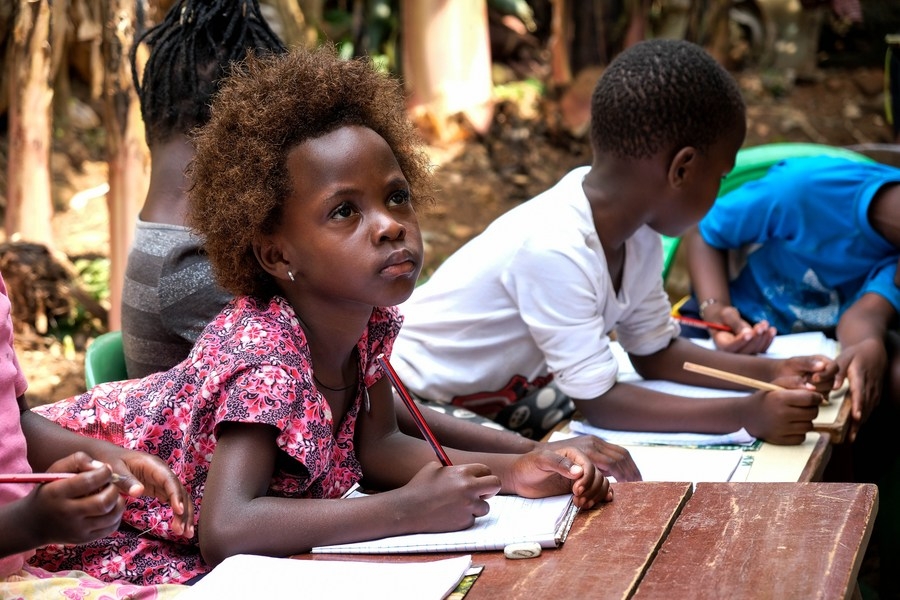
The world is rapidly moving towards sophisticated technologies of learning, which are said to change the course of education. Regarding this, a recent report by UNICEF reveals that just like any other advancements remote learning also is benefitting a privileged group of population alone. At least 463 million children are unable to access remote learning after their schools were shut due to the coronavirus pandemic, a UNICEF report said.
“For at least 463 million children whose schools closed due to COVID-19, there was no such a thing as remote learning,” Xinhua news agency quoted Henrietta Fore, Unicef executive director, as saying in the report issued on Thursday.
“The sheer number of children whose education was completely disrupted for months on end is a global education emergency.
“The repercussions could be felt in economies and societies for decades to come,” she added.
It used a globally representative analysis of the availability of home-based technology and tools needed for remote learning among pre-primary, primary, lower-secondary, and upper-secondary school children.
The report considered access to television, radio, and the internet. Then it took into account the availability of curriculum delivered across those platforms during school closures.
Even when children have the technology and tools at home, they may not be able to learn remotely through those platforms due to competing factors in the home, including pressure to do chores, being forced to work, a poor environment for learning and lack of support in using the online or broadcast curriculum, the report said.
Children from the poorest households and those living in rural areas are by far the most likely to miss out during closures, the report said.
Globally, 72 percent of school children unable to access remote learning live in their countries’ poorest households.
In upper-middle-income countries, school children from the poorest households account for up to 86 percent of students unable to access remote learning, UNICEF said.
Globally, three-quarters of school children without access live in rural areas.
The report highlighted significant inequality across regions, with school children in sub-Saharan Africa the most affected, where at least half of all students cannot be reached with remote learning.
It also noted varying rates of access across age groups, with the youngest students most likely to miss out on remote learning during their most critical years of learning and development.
Also Read: Nadella raps permanent work from home concept
Also Read: WORK FROM HOME: Tips to adopt new mode



